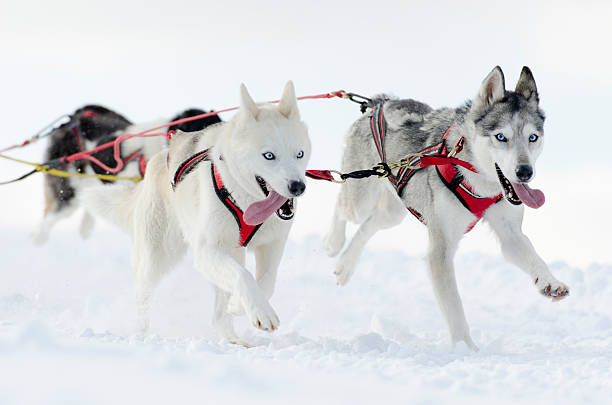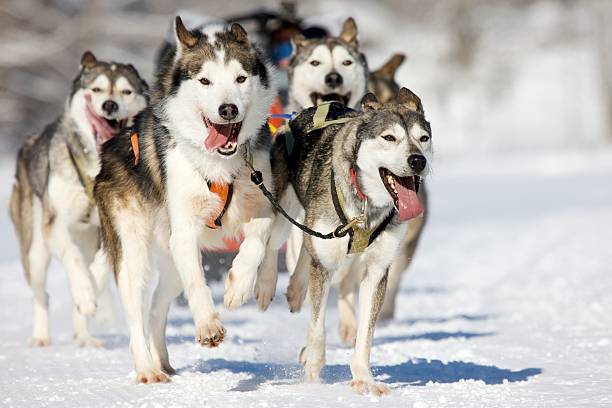Robinson, E., Templeman, J. R., Thornton, E., Croney, C. C., Niel, L., & Shoveller, A. K. (2020). Investigating the effects of incremental conditioning and supplemental dietary tryptophan on the voluntary activity and behaviour of mid-distance training sled dogs. nutrition Continue Reading Investigating the Effects of Incremental Conditioning and Supplemental Dietary Tryptophan on the Voluntary Activity and Behaviour of Mid-Distance Training Sled Dogs – CRONEY RESEARCH GROUP
Weaning is an important stage in dog development, and maximizing the welfare of dams and their offspring can promote adult dog well-being. During the weaning process, puppies begin consuming semi-solid food at around three weeks of age, and they typically are separated from their dams between six and eight weeks of age for re-homing. This coincides with a stage in puppy development that involves critical learning and has long-term implications for behavioral wellness as adults. To optimize the well-being of puppies as well as adult dogs, it is essential to consider the weaning ages and practices used as well as their relationship to developmental processes. Hurt M, Stella J, Croney C. (2015, September). Implications of Weaning Age for Dog Welfare. World Pet Association, Pet Food Institute Continue Reading Implications of Weaning Age for Dog Welfare – CRONEY RESEARCH GROUP
Robinson, E., Templeman, J., Thornton, E., Croney, C., Niel, L. and Shoveller, A.K. (2020). Investigating the effects of increased soluble fiber and incremental exercise on the voluntary physical activity and behaviour of sled dogs. Continue Reading Investigating the Effects of Increased Soluble Fiber and Incremental Exercise on the Voluntary Physical Activity and Behaviour of Sled Dogs – CRONEY RESEARCH GROUP





